Copy editors will make sure you don't use "bare with me" or "should of" or "sneak peak" and that your typo "what is" instead of "what if" gets caught and corrected. Copy editors can catch continuity errors (for instance, that your character had a red shirt in the first chapter, but you described a blue shirt in chapter three), and can even offer advice about restructuring sections of text and about reworking clunky or confusing language.
Fiction editors look at the larger picture of your work, and can help you decide things like whether you need to add more POV characters, if the narrative structure is falling apart in chapter 5, whether your antagonist is believable, and all of the other story advice that writers dream of when they imagine "having an editor."
Both types of editors are invaluable. What you should spend your money on depends on what you feel you need. Bottom line, everybody needs to have a copy editor (or a friend who's good at those kinds of details) look at their work before it's published, because basic errors of grammar and spelling are inexcusable in work you offer a reader.
As with any professional service, ask for references when looking for any type of editor. Ask what the editor offers, and how much he or she charges. Ask for a sample of his or her work. Discuss price and what you get for your investment. Maybe you'd benefit more from general advice on the structure of your novel, based on the first two chapters and a detailed outline, rather than from a full-blown edit of the whole work. Maybe you only want a final proofreading polish rather than a more intensive copy editing pass. Discuss what you want to achieve by working with the editor, and how the editor can help you accomplish that.
Remember, like any other professionals, editors have varying degrees of experience and expertise, and varying personalities. Spend the time to find someone who's a good fit for you.
For examples of both kinds of editing, look at Susan Morris's blog http://www.seriouspixie.com/ and at Karen Conlin's and Ray Vallese's blog grammargeddon.com.

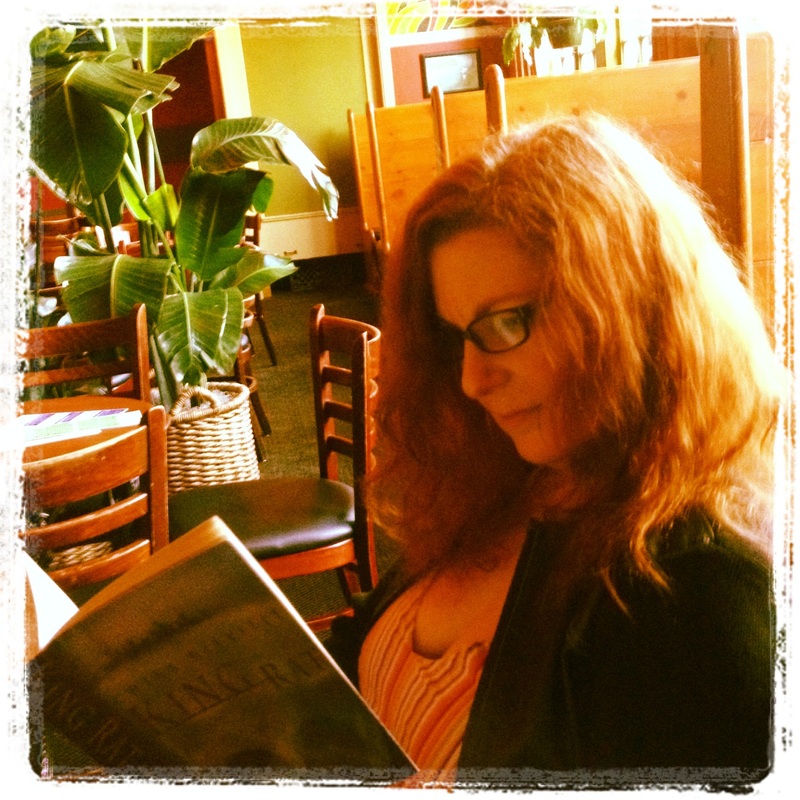
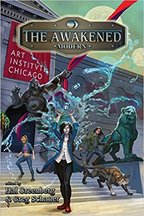
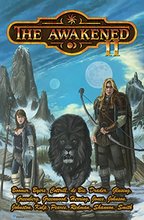




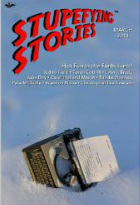
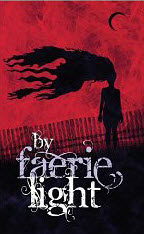
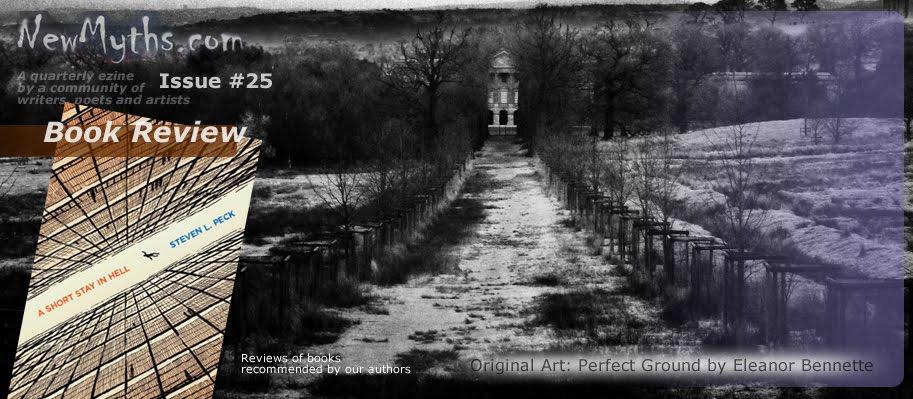




 RSS Feed
RSS Feed
